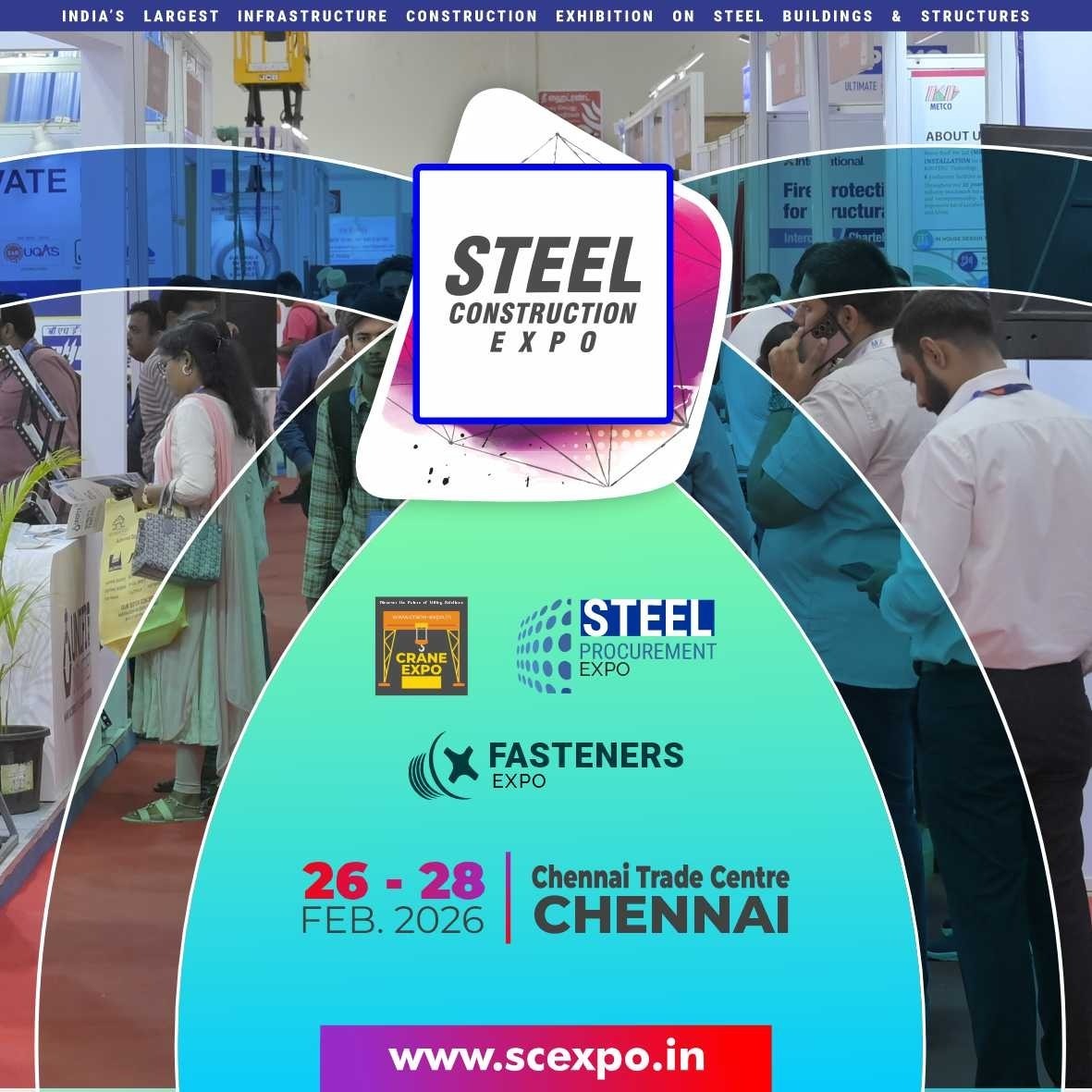Major Indian steel producers are advocating for the mandatory inclusion of domestically produced steel, especially those “melted and poured in the country,” in solar and wind power projects within India. This call comes in response to the increasing imports of steel into the country.
The Indian Steel Association (ISA), representing 65% of domestic crude steel, including major private players like AM/NS India, JSW, Tata Steel, Jindal Steel and Power (JSP), and PSUs like SAIL and RINL, has written to various ministries, including the Ministry of Power, New and Renewable Energy, and Steel, urging the use of steel that is “melted and poured” in India.
The letter highlights that a significant portion of offerings in these categories is currently imported, despite the government’s push for the PLI (Production Linked Incentive) scheme for specialty steel-making. High-end offerings, such as coated, high tensile plates, and alloy steels used in wind and solar projects, are also part of the PLI scheme.
The ISA emphasizes the importance of making “Made-in-India steel duly ‘Melted and Poured’ in India” mandatory for all solar and wind power projects, including transmission and distribution. “Melted and Poured” refers to the original location where raw steel is first produced in a liquid state and then poured into its first solid shape.
The letter expresses concern over the surge in steel imports compromising national interests and suggests that domestically produced steel would significantly benefit the National Renewable Mission. Steel remains a crucial raw material for construction in solar and wind energy solutions, with around 50 tonnes of steel consumed for every 1 MW of solar power and 200 tonnes for wind power solutions.
The association argues that promoting Made-in-India steel would safeguard the renewable energy mission from global uncertainties, ensure consistent supplies, and foster a supply-chain ecosystem involving MSMEs and other Indian enterprises. It draws parallels with the US, where local procurement is promoted to support clean energy initiatives.




